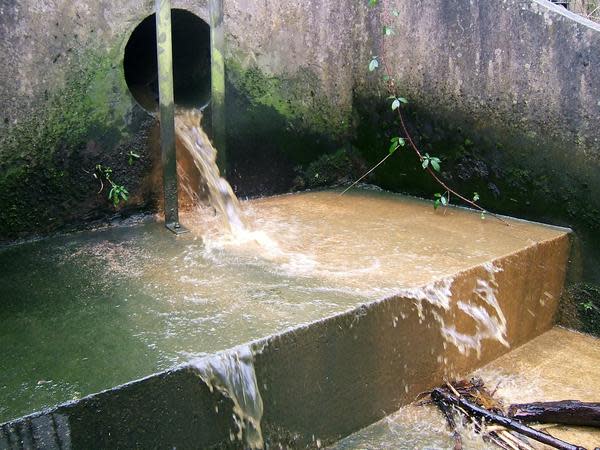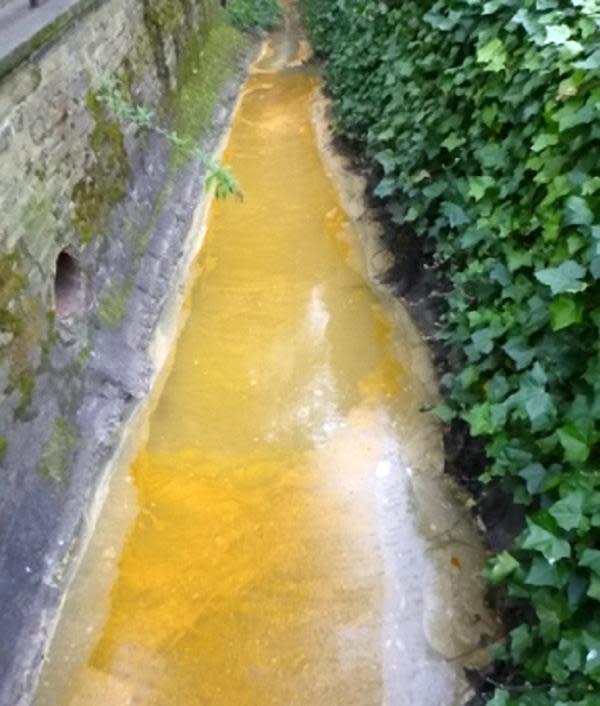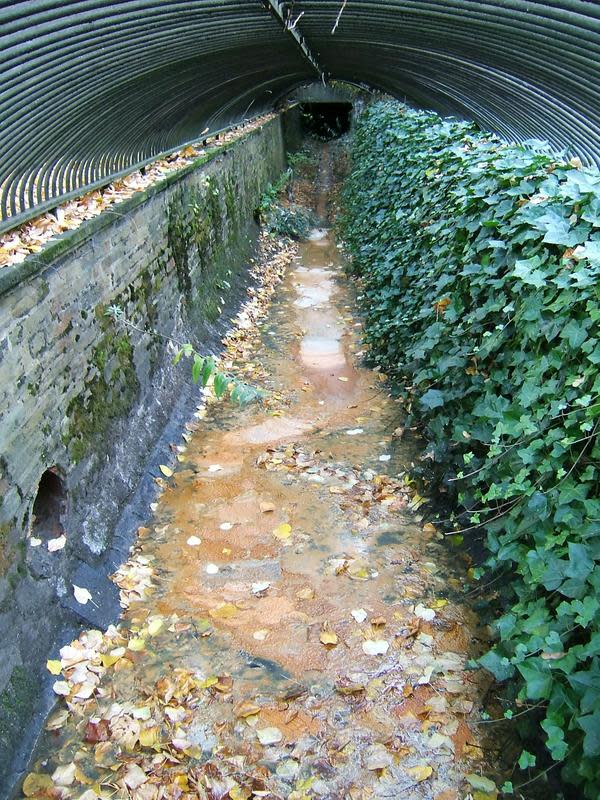Rivers turn yellow in UK's 'curry capital' after being swamped with food waste

The rivers in Bradford have turned YELLOW, after the city dubbed the ‘Curry capital of Britain’ began polluting its waters with the hugely popular dish.
An underground river which flows through the West Yorkshire city became stained yellow with waste which was dumped from local curry houses.
The problem arises from Bradford’s ancient plumbing system, which has caused old buildings to often dump their waste into the city’s subterranean paths.
Indian catering businesses are believed to be one of the biggest culprits, with washing-up pipes that are not directed to the city’s sewerage system.

Instead, the waste water from dirty dishes is flowing into the sewerage system before it feeds into Yorkshire’s River Aire.
Although Bradford has scooped the prize for Curry Capital of Britain six times, its success as a gastronomic hotspot has sparked pollution problems.
Rob Hellawell, 49, is part of Friends of Bradford’s Beck, which was set up in 2012 to address the problem of the pollution on the river.
Hr was handed the task of finding a big curry source last year, before discovering that it was an innocent mistake.
‘It turned out the output was entirely innocent’, Rob explained.

‘It wasn’t like the business owners were throwing waste curry out of their window, they were just washing their pots as usual and unbeknown to them it was landing in the beck.
‘Once we made them aware of the problem they rectified it right away by changing the plumbing.
‘We were delighted to finally clear up this large curry problem, but it is a problem all over Bradford.
‘The old systems, at the time of the Industrial Revolution, saw businesses dump straight into the public watercourse.
‘Nowadays there are a lot of new extensions built where washing machines are plumbed into the drains rather than the foul sewerage system.
‘Builders see a drain and connect to it, without realising what it is.’
At present, Bradford boasts over 200 Asian restaurants – employing almost 100,000 people.

 Yahoo News
Yahoo News 
